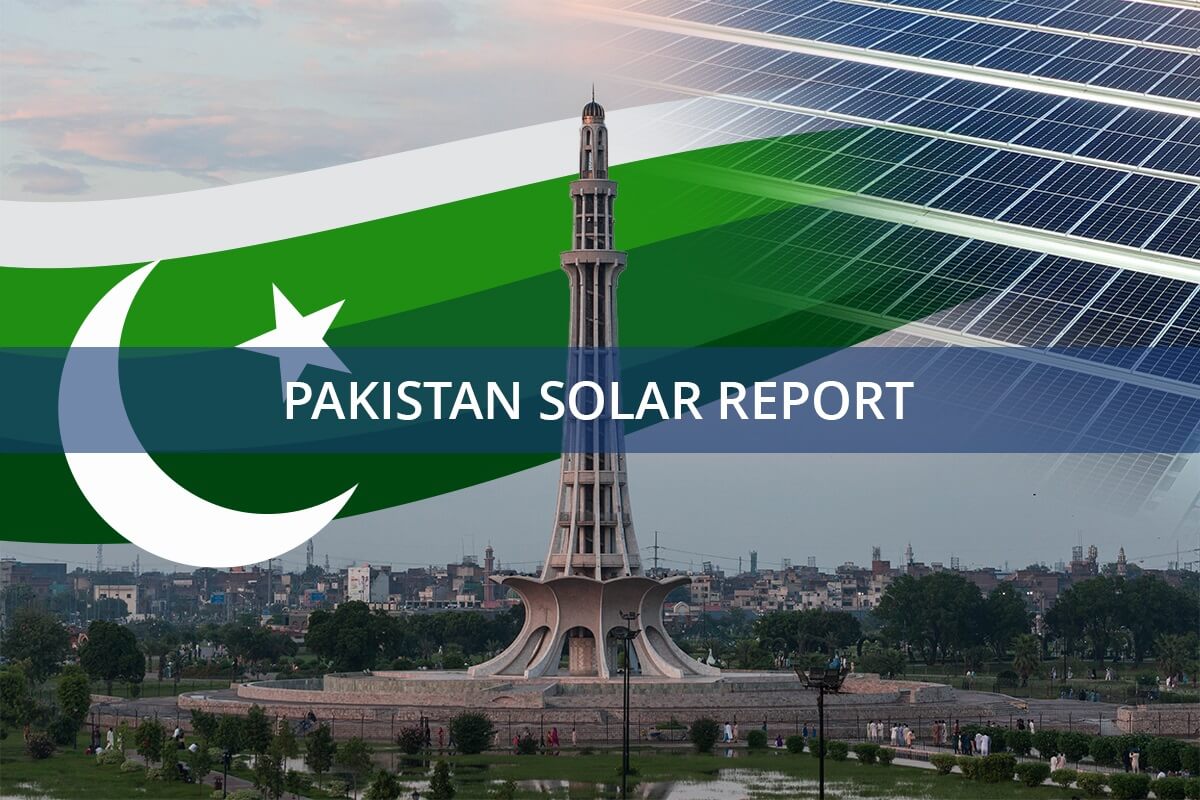Pakistan Railways Solar Initiative to Slash Energy Costs
Pakistan Railways is embarking on a significant green initiative, planning to cut its substantial energy costs by transitioning to solar power. This strategic move, which is set to begin with the Karachi Circular Railway (KCR), is part of a comprehensive solar strategy designed to save the national entity billions. Energy Minister Muhammad Ali has highlighted that this shift is crucial not only for the railway’s financial health but also for the nation’s overall economic stability and reducing its energy expenses.
A Strategic Shift Towards Pakistan Railways Solar Sustainability
The decision to solarize its operations aligns with Pakistan’s broader push towards renewable energy. This initiative by a major state-owned enterprise signals a strong commitment to reducing reliance on the traditional power grid, which is often subject to price volatility and supply issues. By harnessing solar energy, Pakistan Railways aims to create a more predictable and lower-cost operational model. This transition involves understanding the basics of solar panel manufacturing to ensure the long-term success and efficiency of the project.
The initial phase focusing on the Karachi Circular Railway will serve as a critical pilot project. Success here could pave the way for a nationwide rollout across stations, workshops, and potentially even powering trains in the future. The entire solar panel manufacturing process from sourcing materials to final installation will be key to achieving these ambitious goals.
Economic and Environmental Benefits
The primary driver for this project is financial. Energy is a major operational expenditure for the railway, and reducing this cost can free up vital funds for infrastructure upgrades, improved services, and network expansion. A detailed analysis, much like a solar panel manufacturing plant cost breakdown, would reveal the long-term economic advantages of such a capital investment.
Beyond the direct savings, this initiative is expected to have a wider economic impact. According to recent analyses, Pakistan’s renewable energy sector has the potential to create tens of thousands of new jobs, provided that suitable vocational training is available. This project could stimulate local employment in the installation and maintenance of solar systems.
From an environmental perspective, the benefits are clear. Shifting to solar power will significantly reduce Pakistan Railways’ carbon footprint, contributing positively to national and international climate commitments.
Sourcing and Logistical Considerations for Pakistan Railways Solar
Implementing a project of this scale requires a robust supply chain for solar panel raw materials and the necessary solar panel manufacturing machines if local production is considered. The logistical challenges of deploying solar infrastructure across a vast rail network are considerable. This effort mirrors similar large-scale energy projects in the region, where navigating complex logistics is crucial for success, as seen in the guide for Tajikistan Solar Manufacturing: A Practical Logistics Guide.
By adopting a forward-thinking energy policy, Pakistan Railways is not just cutting costs—it’s investing in a more resilient, sustainable, and economically sound future.
If you are interested in learning more about the intricacies of setting up solar production, consider enrolling in our free e-course on solar panel manufacturing.



